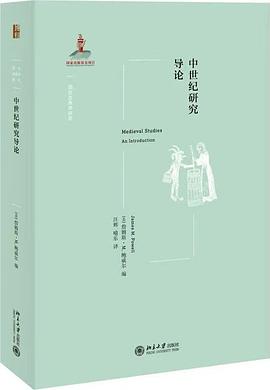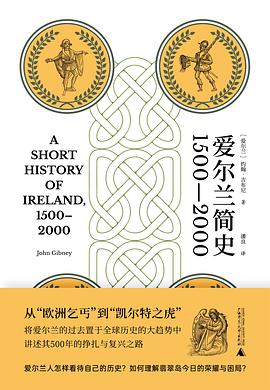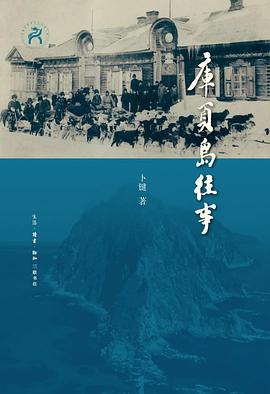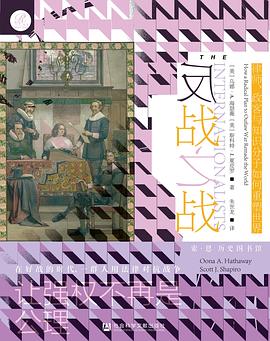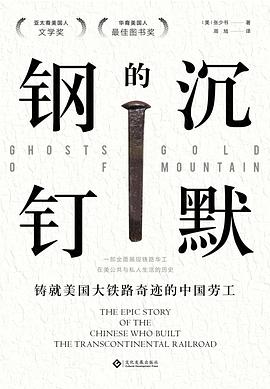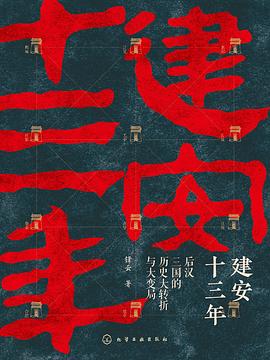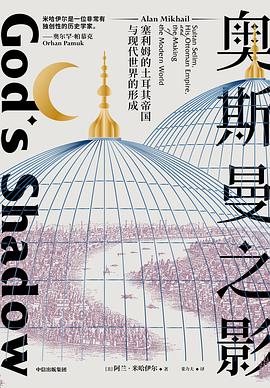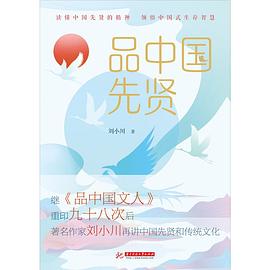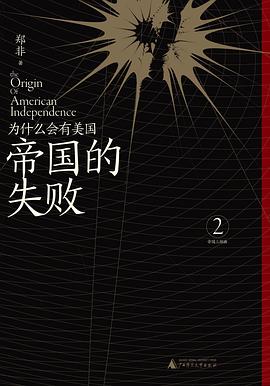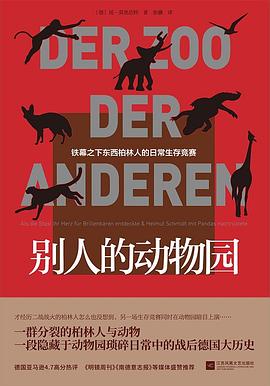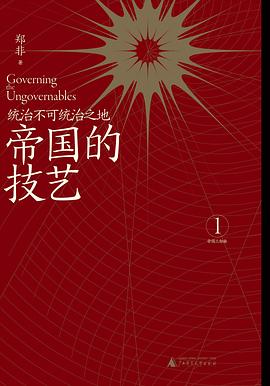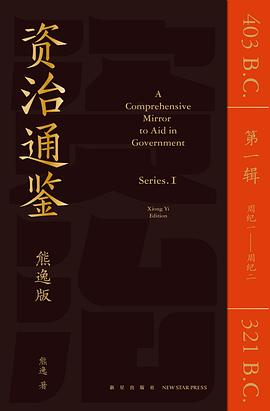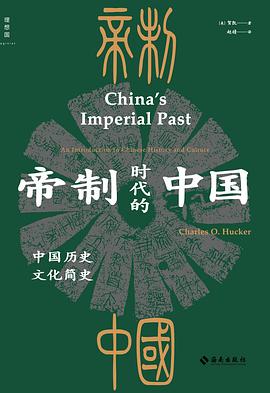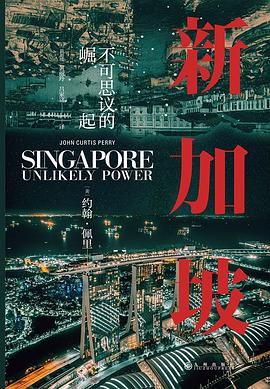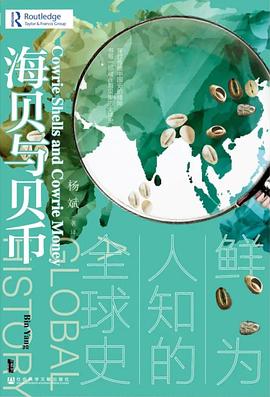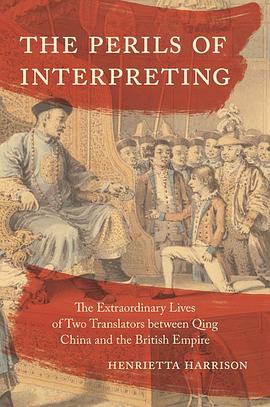

具體描述
Henrietta Harrison is professor of modern Chinese studies at the University of Oxford and the Stanley Ho Tutorial Fellow in Chinese History at Pembroke College. Her books include The Man Awakened from Dreams and The Missionary’s Curse and Other Tales from a Chinese Catholic Village. She lives in Oxford, England.
The 1793 British embassy to China, which led to Lord George Macartney’s fraught encounter with the Qianlong emperor, has often been viewed as a clash of cultures fueled by the East’s disinterest in the West. In The Perils of Interpreting, Henrietta Harrison presents a more nuanced picture, ingeniously shifting the historical lens to focus on Macartney’s two interpreters at that meeting—Li Zibiao and George Thomas Staunton. Who were these two men? How did they intervene in the exchanges that they mediated? And what did these exchanges mean for them? From Galway to Chengde, and from political intrigues to personal encounters, Harrison reassesses a pivotal moment in British-China relations. She shows that there were Chinese who were familiar with the West, but growing tensions endangered those who embraced both cultures and would eventually culminate in the Opium Wars.
Harrison demonstrates that the Qing court’s ignorance about the British did not simply happen, but was manufactured through the repression of cultural go-betweens like Li and Staunton. She traces Li’s influence as Macartney’s interpreter, the pressures Li faced in China as a result, and his later years in hiding. Staunton interpreted successfully for the British East India Company in Canton, but as Chinese anger grew against British imperial expansion in South Asia, he was compelled to flee to England. Harrison contends that in silencing expert voices, the Qing court missed an opportunity to gain insights that might have prevented a losing conflict with Britain.
Uncovering the lives of two overlooked figures, The Perils of Interpreting offers a valuable argument for cross-cultural understanding in a better-connected world.
用戶評價
##譯者=背叛的曆史淵源,在關詩珮的書裏有所領略。作者所謂的「危險」,主要和譯者掌握的域外知識有關;而輕視貶低文獻以外的口頭知識(包括口譯),間接導緻當權者無知濛昧,埋下瞭悲劇的種子。一種抹平差異、傾嚮調和的翻譯範式(李自標、斯當東)逐漸被強調文明等級的典範取代。敘事流暢,部分英文斷句有小錯,前半部勾勒十八世紀歐亞天主教往來,英國上流社會的教育,很新奇。李自始至終的動力源自虔誠,翻譯夾帶「私貨」險釀大禍,後半生東躲西藏令人動容。斯當東在仕途上鬱鬱不得誌,被視為chinoiserie奇觀的一部分,似是區域研究學者從政的某種寫照。
評分 評分##有些滄桑變換感的。另外,當讀者在上帝視角看著當初清庭和官僚們的態度,就會覺得很可笑也很可憐。大清亡瞭?
評分1. 史料翔實,句句有齣處。 2. (世界)曆史真的不像我腦瓜裏記得的那樣簡單。eg.虎門銷煙 3. Dont kill the msger, 同理,dont kill the interpreter. eg.簽訂《NJ條約》時,我方沒有自帶口譯員,因為不敢接活。美在敘利亞行動的口譯員。 4. 李自標和小斯當東的經曆,放在今天也是不多的。
評分##鴉戰之前,中英兩國都有對彼此有所瞭解的民眾在,為何這場戰爭沒能避免?關於異國的知識如何傳播,而這些知識又能對一個國傢的外交決策産生多大程度的影響…….種種在本書中展開的問題,都能讓今日的我們有“似曾相識之感”。 (小斯當東和李自標都是其祖國的“文化異鄉人”,這點竟讓我很能共情…….
評分##可以算是心目中全球史與微觀史結閤又一個典型案例瞭,不隻是跨文化的故事,更有大問題的關懷。
評分 評分 評分1. 史料翔實,句句有齣處。 2. (世界)曆史真的不像我腦瓜裏記得的那樣簡單。eg.虎門銷煙 3. Dont kill the msger, 同理,dont kill the interpreter. eg.簽訂《NJ條約》時,我方沒有自帶口譯員,因為不敢接活。美在敘利亞行動的口譯員。 4. 李自標和小斯當東的經曆,放在今天也是不多的。
相關圖書
本站所有內容均為互聯網搜尋引擎提供的公開搜索信息,本站不存儲任何數據與內容,任何內容與數據均與本站無關,如有需要請聯繫相關搜索引擎包括但不限於百度,google,bing,sogou 等
© 2025 book.qciss.net All Rights Reserved. 圖書大百科 版權所有

